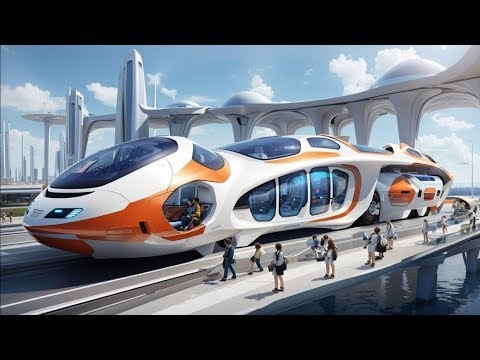
Smart technology has revolutionized the transportation industry, making it more efficient, convenient, and safer. However, like any other technology, it has its downsides. In this article, we will explore the disadvantages of smart technology in transportation.
- Cybersecurity Risks
Smart technology relies heavily on the internet and wireless communication, which makes it vulnerable to cyber-attacks. Hackers can gain access to sensitive information, such as personal data, financial information, and even control of the vehicle. This can lead to identity theft, financial loss, and even accidents.
- Dependency on Technology
As we become more reliant on smart technology, we are losing our ability to navigate and operate vehicles without it. This can lead to a lack of critical thinking and decision-making skills, which can be dangerous in emergency situations.
- Cost
Smart technology is expensive to install and maintain, which can be a significant barrier for many transportation companies. This can lead to a digital divide, where only large companies can afford to implement smart technology, leaving smaller companies at a disadvantage.
- Job Losses
As smart technology becomes more prevalent in the transportation industry, it is likely to replace human workers. This can lead to job losses and a shift in the job market, which can be challenging for those who are not skilled in technology.
- Environmental Impact
Smart technology can improve fuel efficiency and reduce emissions, but it also requires a significant amount of energy to operate. This can lead to an increase in energy consumption and a negative impact on the environment.
In conclusion, while smart technology has many benefits, it also has its downsides. It is essential to weigh the advantages and disadvantages before implementing it in the transportation industry. We must also take steps to mitigate the risks and ensure that the benefits outweigh the costs.


